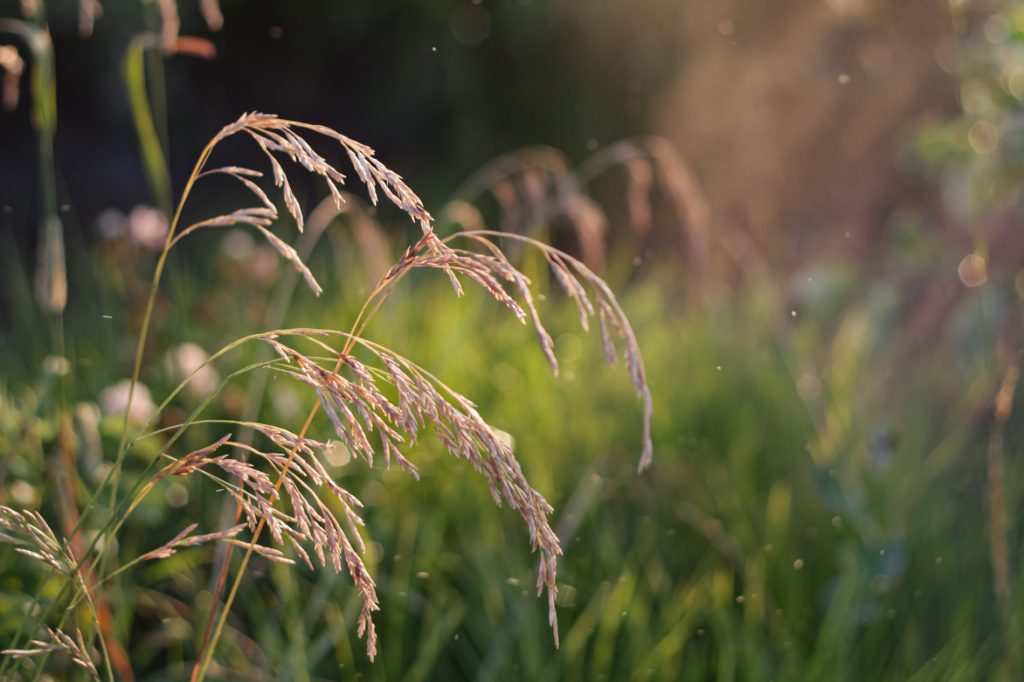SpaceAgro project to monitor the state of agricultural fields

Ilzam Magadeev, sophomore student of physics, is among 111 winners of the 5th stage of the Student Startup competition. He will receive a grant of 1 million rubles to create Platform for analyzing the state of fields by vegetation indices (NDVI), nitrogen, moisture and chlorophyll using space images.
Farm analytics is a complex process. It’s difficult for farmers to optimize resource use without accurate soil and plant health data, and there aren’t many accurate tools on the market for analyzing and predicting yields. Difficulties are also added by large acreage, as traditional monitoring methods are labor-intensive and ineffective in this case, according to Ilzam Magadeev.
So, while studying geodesy and remote sensing at KFU, the future physicist decided to create his own modern platform to meet the industry’s demand.
“Space images were chosen as a tool, as they are the easiest to work with, easier to process data. Also, my project includes a visual map of crops with all the necessary information for a farmer or an agricultural company,” the student shares.
Computer vision algorithms will be used to work with satellite images received from Russian companies (Magadeev is already negotiating cooperation with some of them). Predictive analytics algorithms will make it possible to predict the yield of specific regions. The monitoring will be based on satellite data on the normalized vegetation index, reflecting the presence and condition of biomass, data on nitrogen and chlorophyll content in the air, and humidity levels.
The system will highlight areas on the image that need particularly careful care in red, while the most fertile soils will be colored in green – this is how the interactive reports will look like, the developer explained.
By such key factors as availability, use and interpretation of external data, predictive system, cost, the project wins over potential competitors, including foreign ones. By the way, a detailed analytical report will cost a farmer 250 rubles per hectare.
“AgroSpace will be useful to both farmers owning a small farm and large companies – the latter in particular, as high-quality supervision of vast territories will bring corresponding benefits. Now we plan to finalize the prototype and analytical tools, collect data to train the model, then train it and conduct a pilot with businesses,” the student shares his plans for the next six months

